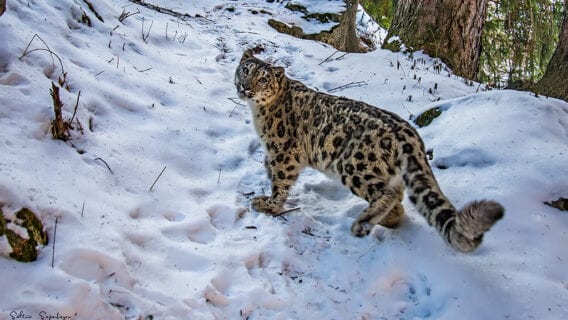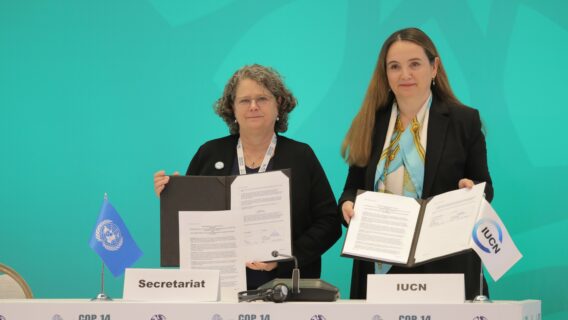Gender Roles in Conservation – What I Learnt in a Week at IUCN
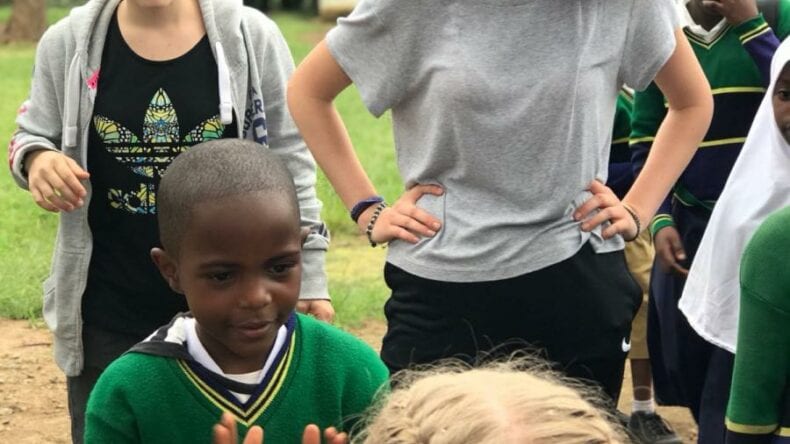
But as you would expect I still have some questions while thinking about my future studies and career. For example, what role could gender play in the world of work?
My name is Holly Houston, I am 16 years old and as part of my school’s World of Work experience programme, I have come to IUCN to learn more about conservation as a potential career choice. During that time learning about conservation project design I have also listened to many perspectives about issues including the role of gender in conservation work with communities but also in the career path as a conservation professional.
Gender roles in the workplace in general and in conservation holds a great importance in our world today, and although there are clear improvements in past years there is a long way to go before we reach a time of gender equality in my opinion. However, I am hopeful that one day the differences imposed on men and women will be a thing of the past.
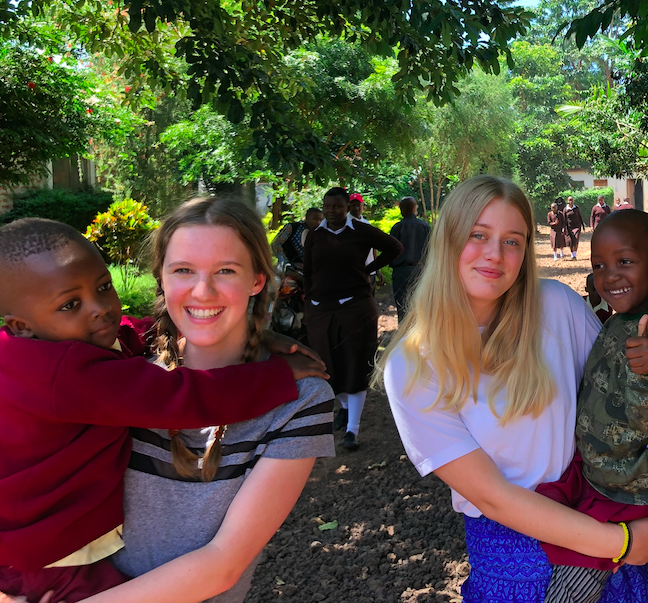
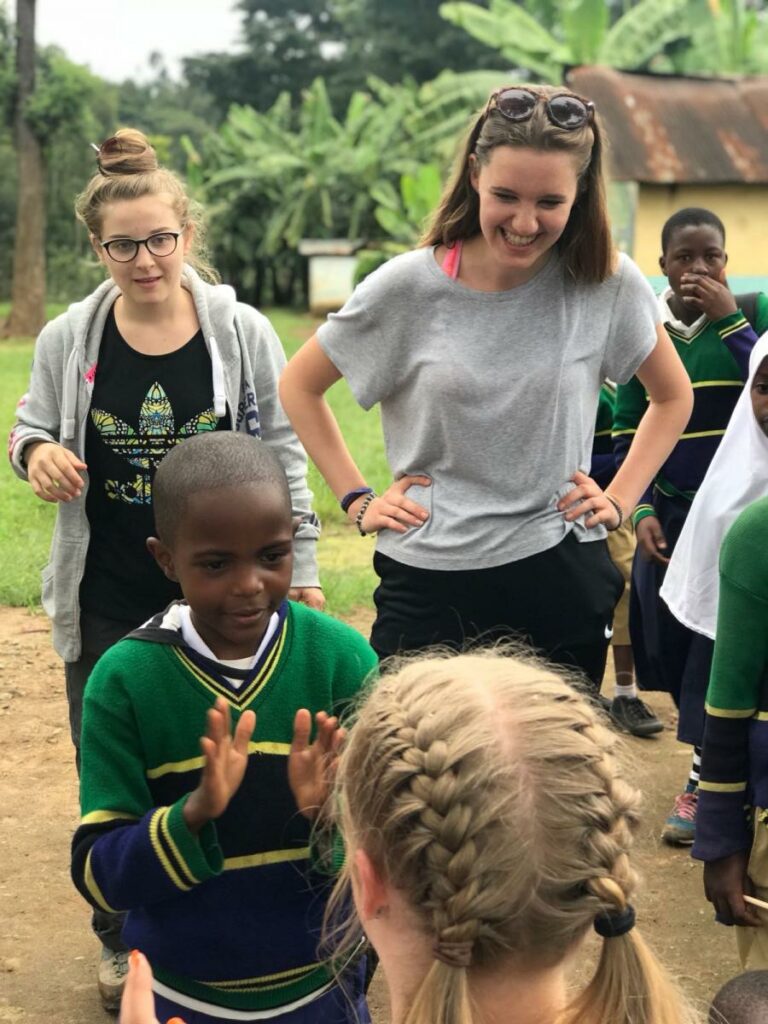
Women have always had different roles in life to men. A key point to remember is the fact that many traditions and cultures around the world have been going on for a very long time, long before I for example was even born. Additionally, when it comes down to it men and women are different in many ways and that is okay, it is just important that both feel equal whether that means they necessarily do the same things or not.
Over the course of the week at IUCN I have met with several experienced individuals and learnt about their current views on gender roles in conservation.
When speaking to the women like Jessica Gasser (Programme Assistant of IUCN Save Our Species) and Ana Nieto (Head of Species Conservation Action) a common theme came up – male dominance in the countries where the conservation projects take place. There are always two aspects – the international environment workplace versus the actual sites of conservation where it seems most jobs are primarily occupied by men. It was mentioned frequently in my interviews that it seemed men were often the ones to make decisions. At the same time, women are often the ones who do a lot of the work and may have a wider knowledge on certain topics, although it does depend where you go and the culture. Additionally, white western men also take control in many fields. “Women don’t sit in front at the table, they are too shy” (Ana Nieto). From people’s personal experiences there have been time where they have been the only women in certain practices. Many may be interested in certain careers or occupations but have barriers that stop them. For example, when having children, if a woman is promoted in their job does this mean they shouldn’t take the job because they have children to look after? In certain situations such as this one woman may feel they would think differently if they were men. This is not the mentality we should have.
The change depends on us as women and we must push ourselves to be confident and take up positions that women before us may not have taken up. Things are much better but it’s hard to determine a timeline when everything will be resolved. “We still have a way to go”- Ana Nieto.
Another point is that although IUCN and big international organisations in More Economically Developed Countries (MEDCs) encourage women and do all they can to improve gender equality, it is in the end up to the mentality of the government and the countries way of thinking that makes big changes. “It might be pessimistic but I believe 20-30 years till gender equality,” said Jessica Gasser, although she advises to not be discouraged and to never give up.
Sugoto Roy, Integrated Tiger Habitat Conservation Programme Coordinator, said that gender equality is improving. Although there used to be dominance of middle aged white men, barriers are being broken down and women are taking jobs they wouldn’t have taken before. It does depend on the context. A very important point he mentioned is that we cannot force gender equality because forcing things never work. “it is a slow burning fire”, like many issues that we have yet to solve. Another point mentioned was how gender is like climate change and affects everyone. “It will take another 5 to 10 years for the big changes to happen”, and working with locals on conservation projects will be the thing that leads to this as well as involving women and having focus groups. It is important to have as much diverse experience as possible and the advice I learnt was to put yourself out there and be outgoing. Get as much field experience as possible because if the gender bias is going to be equalised it will take both men and women to make the effort.
Claire Warmenbol (Communications Officer of IUCN’s Global Water Programme) and Jenny Kelleher (Programme Officer, Governance, Equity, and Rights) have had a lot of experience working closely with women in their conservation projects. Jenny Kelleher says the issue is very patriarchal. They raised the point that there are now policies in place whereby men are not allowed to sit in groups of just men, and it’s the same in the underground project field. Women are always invited, but because they are the ones out doing the jobs like collecting water so they always must be compensated for the time they could have spent working. This shows maybe one of the reasons men are always the ones involved is because the women are the ones working.
Increasingly women are part of the story and their voices are heard, groups, committees and workshops are being created as well as things like a gender assessment tool and although there is still a lot of work to be done its improving. We need to increasingly ask women what their opinions are. We cannot change the social climate but we can promote inclusion of women and improve education healthcare and awareness. We also need to make sure that solutions are sustainable. There is a lot to be said about going to a place and handing women the microphone. Change is a big deal in places where cultural norms have been in place for such a long time.
Following this week at IUCN I am leaving for Tanzania tomorrow morning on a charity trip to work with two NGO’s, a school called WATU and DARE women’s foundation. This week has opened my eyes to so many parts of the gender issue and I feel as though It will all make me think a lot more in detail on the experiences I have in Tanzania. I would like to thank IUCN for such an insightful experience this week and for the time everyone has given to share their knowledge on conservation and gender roles.



